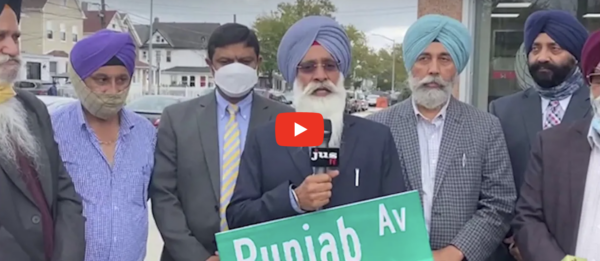When it comes to plastic surgery, the cost of a procedure is usually the first thing that people ask about. However, it isn’t the only important question that needs to be asked. Points to consider should include the surgeon’s qualifications, how many times they’ve performed such a procedure, the type of anesthesia you will receive, and what your recovery will be like. Here are the reasons why such questions should be at the top of your list.
 Are you board certified in cosmetic surgery?
Are you board certified in cosmetic surgery?
Plastic surgery is still a medical procedure and should be performed by board certified medical physicians in cosmetic surgery. There are many doctors who have completed medical school but did not pass their certification tests in cosmetic surgery. These doctors still hold degrees which can fool patients into thinking they’re getting a board certified doctor because they can still legally perform a cosmetic procedure.
Confirming that your surgeon is certified by the American Board of Cosmetic Surgery is important because the certification isn’t just a test—it was created to test the level of training experience and expertise of the physician. Each board certified physician has completed a 12-month cosmetic surgery internship in a accredited licensed facility.
How often do you perform this procedure?
Cosmetic surgeons often specialize in different areas of the body. The more they perform a surgery, the more likely it will be that they have worked on your body type. By asking such a question, you can get a better sense of what the surgeon specializes in and if their specialties are suitable to your needs. Be sure to ask for before and after pictures to see the surgeons aesthetic style.
What type of anesthesia will I receive?
Asking what type of anesthesia you will receive is important to know what type of risks you are taking. When you go under general anesthesia, there is always a risk. This is especially true if the patient has sleep apnea, high blood pressure, or heart problems. Both local and general anesthesia are deemed safe when performed by a qualified provider.
Who will provide my anesthesia?
It is important to ask who will provide your anesthesia because anesthesiologists also have to be board certified. These board certified physicians often only work with board certified surgeons. The anesthesiologist can also be a certified registered nurse anesthetist. The anesthesia team works with the surgical team to ensure that you are monitored throughout the procedure.
What will my recovery be like?
Asking about your recovery time is important because you will need sufficient time to recover before resuming normal activities. Use this information to judge whether it is the best time for you to have the procedure done. Ensure that you ask about all activities that you plan on resuming and any restrictions you can expect. If the timing isn’t the best for the surgery, your surgeon can suggest alternatives to help you achieve your goals.
If you keep yourself informed of the risk you are undergoing while receiving plastic surgery, you will will be aware of the outcomes and know what to expect. In the event that something goes wrong or you find that your doctor didn’t perform the procedure as promised, you may be in need of a medical malpractice attorney. Always consider risks before undergoing surgery. Elective surgery is still surgery, and it is important to get the best possible candidates to perform your procedure and ensure your safety.
Image Credits: Plastic Surgery from George Rudy/Shutterstock







